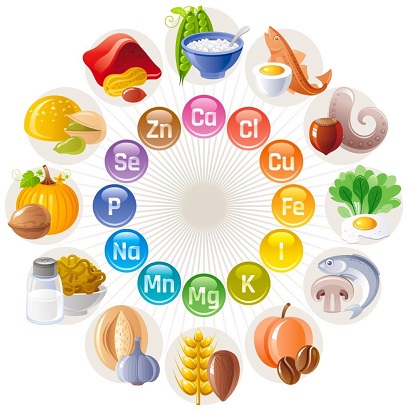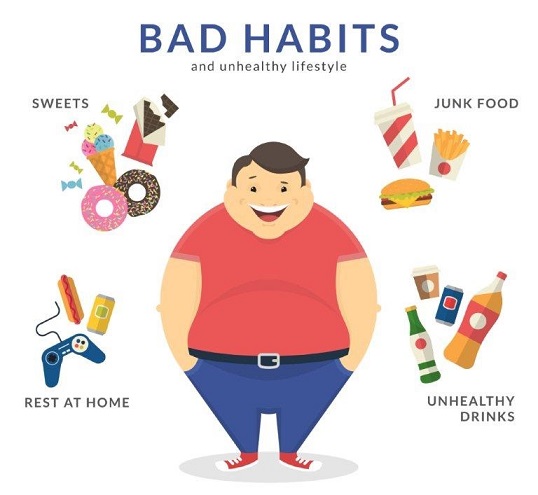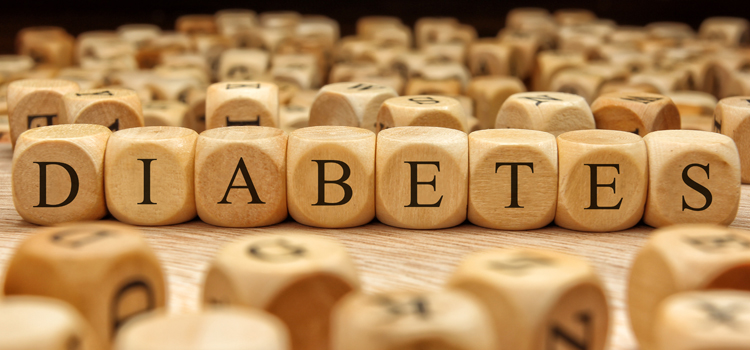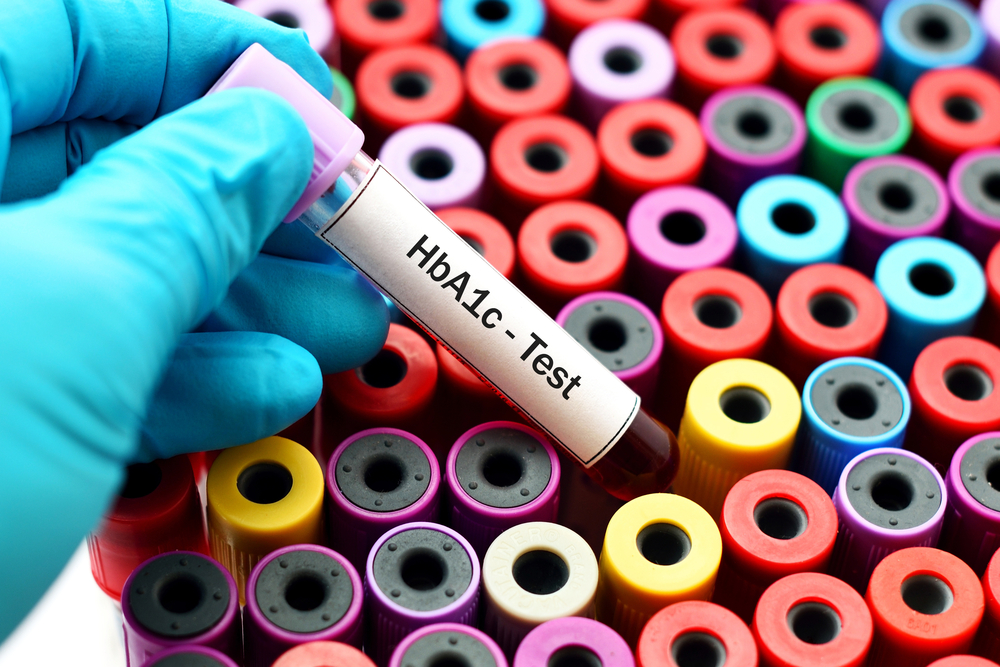Diabetes and Menopause

Menopause, a natural part of ageing, marks the end of a woman’s reproductive years, typically occurring in her late 40s to early 50s. Navigating this transition is a significant phase for every woman, but for those with diabetes, it demands a more nuanced approach. Menopause causes various hormonal changes that can affect blood sugar levels, posing challenges for diabetes management.
According to the International Diabetes Federation, approximately 199 million women worldwide are living with diabetes, and this number is expected to rise to 313 million by 2040. This emphasises the importance of personalised medical guidance and lifestyle modifications to manage diabetes and menopause effectively. In this article, we’ll delve into the connection between diabetes and menopause, its causes, symptoms, diagnosis, and management.
What is the connection between diabetes and menopause?
Diabetes is a chronic health condition characterised by high blood sugar levels over a prolonged period. It primarily results from insulin resistance or inadequate insulin production.
Menopause causes a significant reduction in reproductive hormones, particularly estrogen, that influence how cells respond to insulin. During menopause, the levels of these hormones fluctuate, causing blood sugar levels to rise and fall.
This can not only cause complications for women with existing diabetes but also potentially increase the risk of other women developing diabetes due to altered body composition, weight gain, and increased insulin resistance.
What causes the overlap of diabetes and menopause?
Several factors influence the overlap between diabetes and menopause. For example,
- Hormonal fluctuations during menopause can lead to erratic blood sugar levels due to changing insulin sensitivities.
- Age-related insulin resistance naturally increases as women age, particularly around menopause, thus elevating the risk of type 2 diabetes.
- Weight gain, commonly associated with menopause due to hormonal changes and ageing, further increases diabetes risk.
- Lifestyle factors like diet and physical activity often change during menopause, affecting glucose metabolism and insulin sensitivity.
Are there Specific risk factors for diabetes During Menopause?
The following factors can elevate the risk of developing diabetes during menopause:
- A family history of diabetes.
- Obesity or being overweight during the menopausal transition.
- A sedentary lifestyle, often seen in midlife.
- A history of gestational diabetes or conditions like polycystic ovary syndrome (PCOS).
What are the Symptoms of Diabetes and Menopause?
Diabetes and menopause symptoms overlap, which can sometimes complicate a diagnosis. Here are some symptoms to look out for to manage your health effectively:
- Diabetic Night Sweats: Hormonal imbalances during menopause can often increase the intensity and frequency of night sweats, particularly among women with diabetes.
- Urinary Tract Infections: Menopausal changes, coupled with high blood sugar levels, can increase susceptibility to urinary tract infections.
- Vaginal dryness and discomfort: These can be caused by hormonal changes and, potentially, by diabetes-related blood flow issues.
- Mood swings and irritability: Fluctuating blood sugar levels can amplify mood swings during menopause.
- Increased thirst, frequent urination, and fatigue: These symptoms may be misattributed to menopause but could indicate diabetes.
How is Diabetes Diagnosed During Menopause?
Diagnosing diabetes during menopause involves a multifaceted approach:
- Blood tests, such as fasting plasma glucose test, HbA1c test, or oral glucose tolerance test, are critical for accurate diagnosis.
- Regular monitoring of both diabetes and menopause symptoms is essential, especially for women with known risk factors.
- For the diagnosis, healthcare professionals also consider factors like age, family history, and the overall health condition of the woman.
How Can Diabetes and menopause be managed and prevented?
Follow these tips to effectively manage diabetes and menopause:
- Indulge in regular physical activity to improve insulin sensitivity, weight management, and overall well-being.
- Consume a balanced diet of fruits, vegetables, whole grains, and lean proteins to manage blood sugar levels and maintain a healthy weight.
- Manage stress through mindfulness and yoga, as it can significantly impact blood sugar levels and improve menopausal symptoms.
- Regularly monitor blood sugar and get timely health check-ups to prevent the symptoms from progressing.
Understanding and managing the intersection of diabetes and menopause is crucial for women’s health, especially during midlife. Awareness, proactive lifestyle changes, and regular medical support can empower women to navigate these challenges effectively, ensuring a better quality of life and health.
FAQs
1. Can menopause directly cause diabetes?
While menopause itself does not cause diabetes, the hormonal changes and weight gain during this period can significantly increase the risk.
2. What diabetes symptoms should women monitor during menopause?
Key symptoms include diabetic night sweats, increased thirst and urination, unexplained fatigue, and mood swings.
3. How does existing diabetes affect menopause?
Women with pre-existing diabetes may experience more pronounced menopausal symptoms and face challenges in blood sugar management.
4. Can lifestyle modifications prevent diabetes during menopause?
Yes, adopting a healthy lifestyle, including a balanced diet and regular physical workout, can significantly lower the risk of developing diabetes during menopause.














